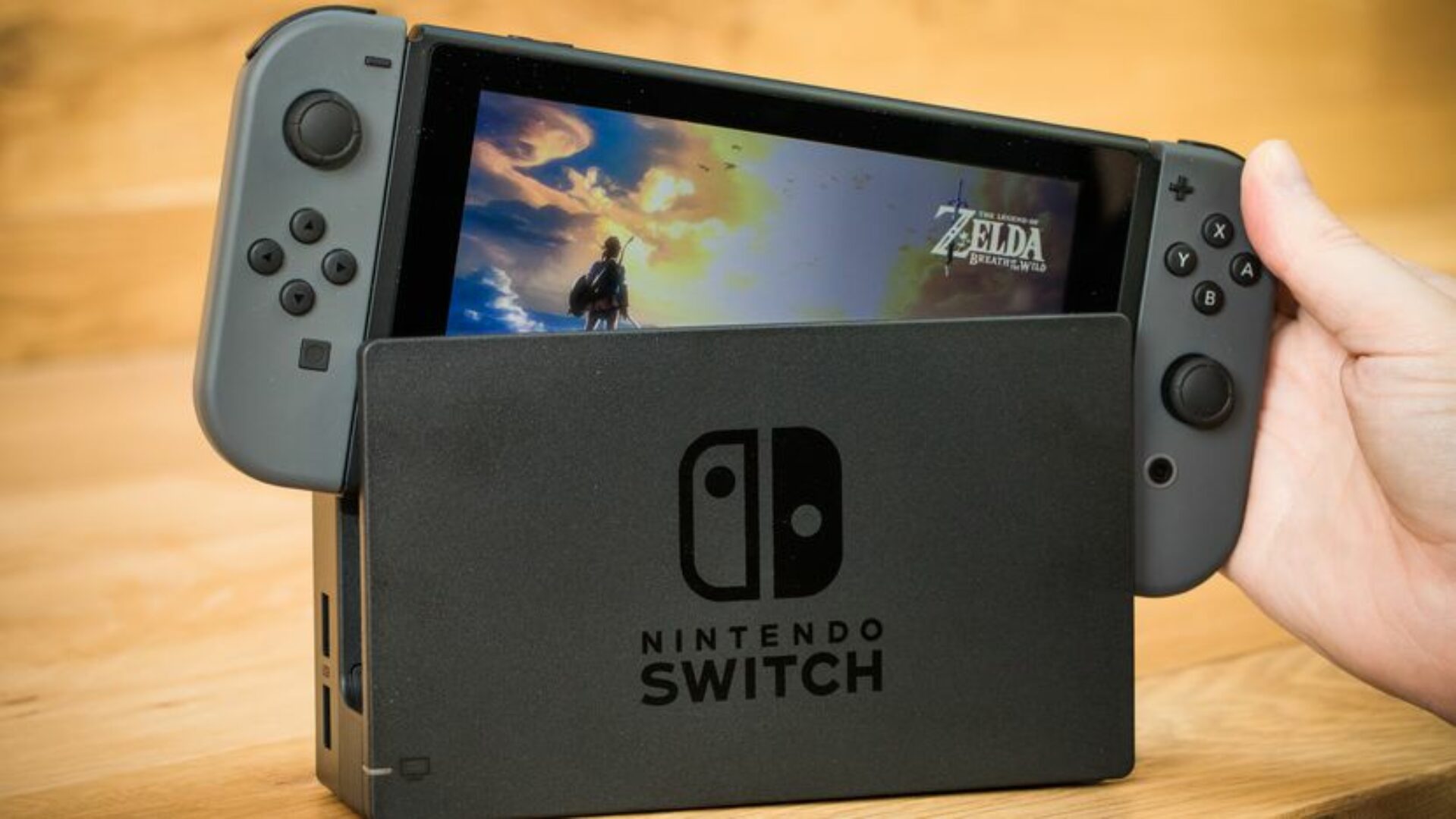Ever since the creation of video games, gamers around the world have looked for ways to gain advantages in varying video games. Over time, the advantage types have changed to suit the player’s needs. Advantages or cheating, as other players call it, have been around since the invention of video games. With old arcade games, players could play long times by using the old quarter string exploit As gaming evolved so did its dark nemesis. Players could look off each other screens, not share move combinations, or use foreign programs to modify the game. Over the last 40 years, Nintendo has been notably susceptible to game-altering exploits and the Nintendo Switch is not exempt.
In the past, players could modify save data in a variety of Nintendo franchises. Since the mid-’80s, gamers had the ability to use devices such as the Monster Brain or Game Shark to modify their games. Earlier this week, a new amendment was passed to the Unfair Competition Prevention Act law in Japan that prohibits the modification of video game save data. This new amendment prohibits entities from modifying others save data, their own save data, or modifying consoles for sale; gamers still have the opportunity to modify their own consoles but the purchase of said products or software is now deemed illegal and comes with a hefty punishment.
In addition to banning the modification of game data, Japan has cracked down on Cyber Gadget for their “Save Editor” program for the PlayStation 4. The two companies most notably affected by this law are Sony and Nintendo. With this law enacted, gamers can no longer legally modify the two companies retro consoles for commercial profit. Modders also can no longer distribute tools or software that modify game saves, sell product keys (unofficially) (G2A), or offer services to modify content. Recently, Japan has had a surge of modders altering game save data for Pokemon Let’s Go Pikachu/Eevee and Super Smash Bros. Ultimate.
Individuals who are found guilty of modifying games or consoles for personal profit can face up to but no more than five years in prison and/or a fine of up to but no more than 5,000,000 Yen. According to the amendment, all damages will be paid to the companies who are directly affected by the modification service






